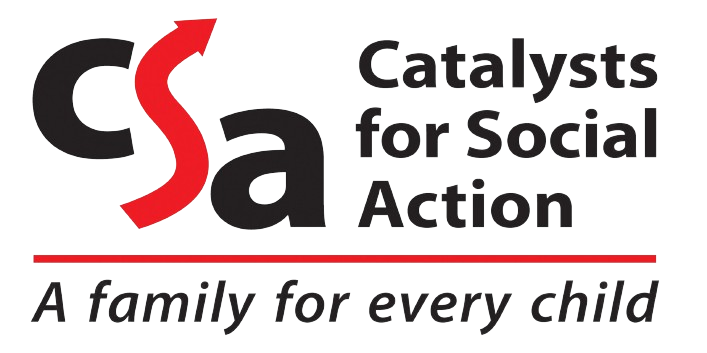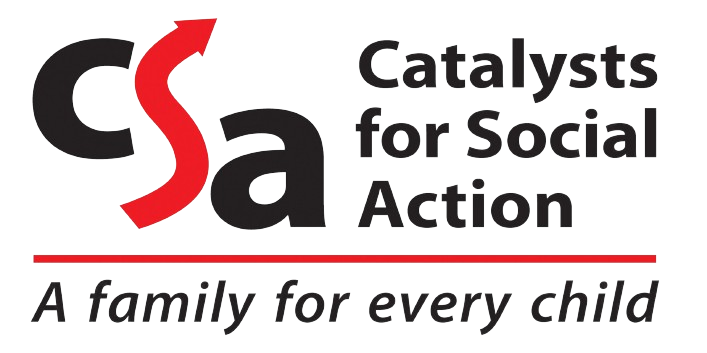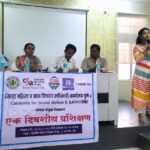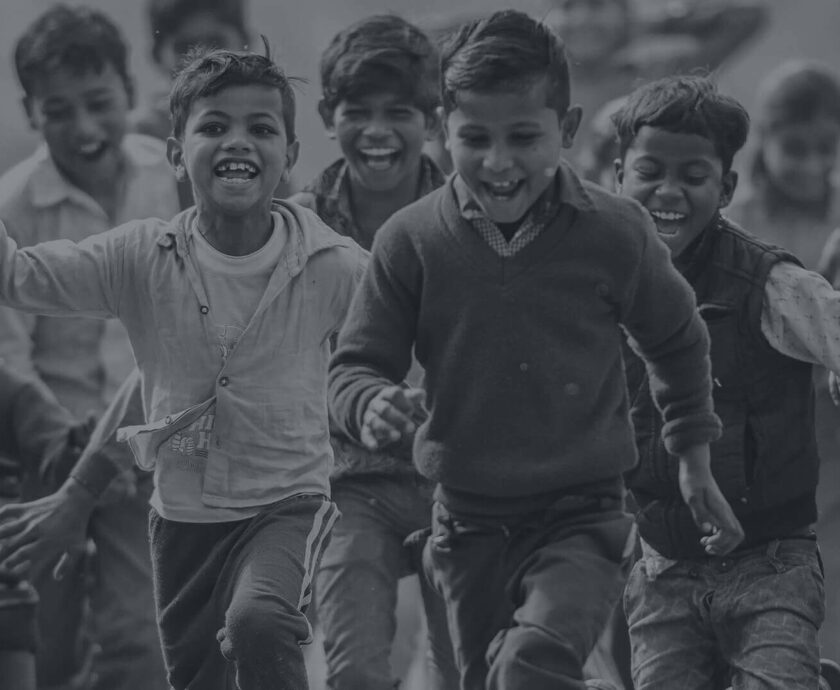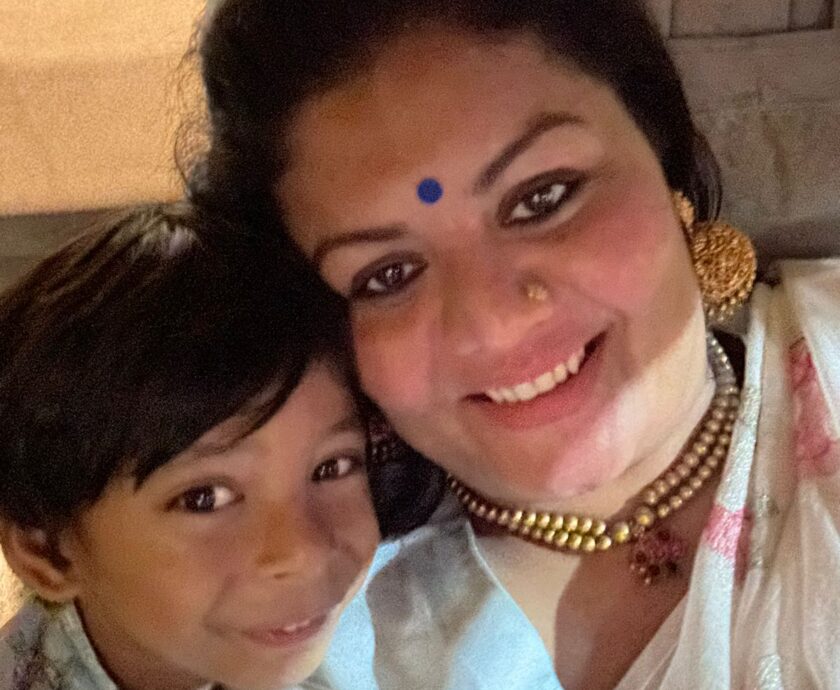The United Nations Convention on the Rights of the Child gives all children the right to a family. For children who are orphaned, abandoned or surrendered (OAS), adoption provides a lasting family, offering them stability and a sense of belonging. As per the Central Adoption Resource Authority (CARA), the nodal body regulating adoption in India, there are more than 30,000 prospective parents who are waiting to adopt a child. However, 70% of them prefer to adopt children aged below two years, about 10% prefer children aged two to four years and 15% prefer to adopt children aged four to six years. This results in a large number of children in the OAS category above the age of six having to spend their entire childhood in Child Care Institutions (CCI). A 2018 report by the Ministry of Women and Child Development stated that there are more than 50,000 OAS children in the age group of seven to 18 years in CCIs.
Foster Care offers children in CCIs the chance to experience the nurturing care and affection of a family. It is an option available to all children in long term institutional care, including children awaiting adoption, if determined by the Child Welfare Committee (CWC) to be suitable for the child.
Foster Care has had a long history in India. It was first initiated in the 1960s by the Central Government and in 1972, in Maharashtra, the first non-institutional care scheme was introduced as ‘Non-institutional Services for Homeless and Destitute Children’. It was later revised in 2005 as Bal Sangopan Yojana. In late 1990, Karnataka had implemented a Foster Care scheme focused on destitute children. Another example is Gujarat, where after the 2001 earthquake an emergency scheme was implemented where 350 children were rehabilitated with relatives and neighbours in the community.
As per the Juvenile Justice (Care and Protection of Children), Act, 2015, Foster Care is defined as the placement of a child, by the CWC, for the purpose of alternate care in the domestic environment of a family, other than the child’s biological family, that has been selected, qualified, approved and supervised for providing such care.
Catalysts for Social Action, in partnership with UNICEF Maharashtra and under guidance of the Department of Women and Child Development (DWCD), Government of Maharashtra, is undertaking a project, ‘Building Pathways for Foster Care in Maharashtra.’ The project adopts a dual approach by simultaneously strengthening existing foster care practices together with the District Child Protection Unit (DCPU) and improving casework practices and case management. It aims to understand prevalent models and practices related to foster care, identify challenges and opportunities, and create general awareness about foster care in the state in collaboration with government and non-government stakeholders.
Activities planned under the project include:
- Conducting collaborative workshops involving DWCD, DCPU, Sponsorship and Foster Care Approval Committee and CWC members to enhance coordination and efficiency.
- Organising specialised training and workshops for CCI staff on family-based alternative care and Foster Care.
- Organising workshops for potential foster parents on expectations, processes and mitigation of challenges.
- Supporting DCPU teams in effective case management of children in Foster Care.
- Creating awareness on Foster Care using different mediums of communication.
Section 44 (Foster Care) of the JJ Act, 2015 states:
- Children in need of Care and Protection may be placed in Foster Care, including group Foster Care for their care and protection through orders of the CWC;
- The family in which a child is placed should be an unrelated family, and not the child’s biological or adoptive family;
- Child can be placed in Foster Care for a short or extended period of time;
- Efforts shall be made to keep siblings together in foster families;
- The child’s parents may visit the child in the foster family at regular intervals;
- The child may return to the parent’s homes once the parents are determined by the CWC to be fit to take care of the child;
- The foster family shall be responsible overall well-being of the child;
- The inspection of foster families shall be conducted every month by the CWC;
- No child regarded as adoptable by the Committee shall be given for long-term foster care.
